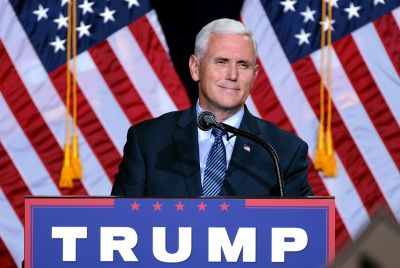Hyping safety problem is a sickness, China says
Hyping China's food and product safety problem is a sickness in itself, the country's new health minister said on Wednesday, a day after Mattel announced a third global recall of Chinese-made toys.
A series of scandals involving sub-standard Chinese exports ranging from pet food, fish and toothpaste to toys has heaped pressure on Beijing to clean up its manufacturing sector.
In the latest incident, the world's leading toymaker, Mattel Inc, said it would take back more than 800,000 units of Fisher-Price models and Barbie brand playsets because of impermissible levels of lead.
China's government insists the problem is a limited one, that the huge majority of its exports are up to standard and that the Western media in particular have been irresponsible in their reporting on the issue, intentionally fanning the flames.
I must remind some friends that we are certainly extremely sensitive towards this problem, but over-sensitivity caused by only seeing part of the picture, in medical terms, is called an allergy, Health Minister Chen Zhu said.
I want to tell everyone that they can have confidence in the quality of Chinese products and food safety, he said in his first major news conference since taking the post in late June.
China was ready to work with the international community to tackle the issue, added Chen, a Paris-trained scientist who unusually is not a member of the ruling Communist Party.
I also want to explicitly say that we support media supervision over health work.
China has launched an intense domestic drive to shore up product safety and reassure rattled consumers, and reports on Wednesday underscored the scale of the problem.
Inspectors of building materials in the southern province of Guangdong found that of 316 batches of materials checked, only 40 percent met standards for strength and safety, the official Xinhua news agency reported. In stainless steel materials, only 6.7 percent met the standards.
Quality inspectors across four provinces shut down 83 liquor businesses for illegal production, state radio reported.
Chen also criticized the media for some of their reports of a South Korean diplomat in China who died after being admitted to hospital with suspected food poisoning from a sandwich.
Diplomat Whang Joung-il did not die of a food-originated disease, Chen said, adding that the ministry had handed the results of a probe into his case over to South Korea.
His case should not be hyped by any media, as this is not humanitarian, he added.
Chen did not give the cause of death.
(Additional reporting by Chris Buckley)
© Copyright Thomson Reuters 2024. All rights reserved.





















